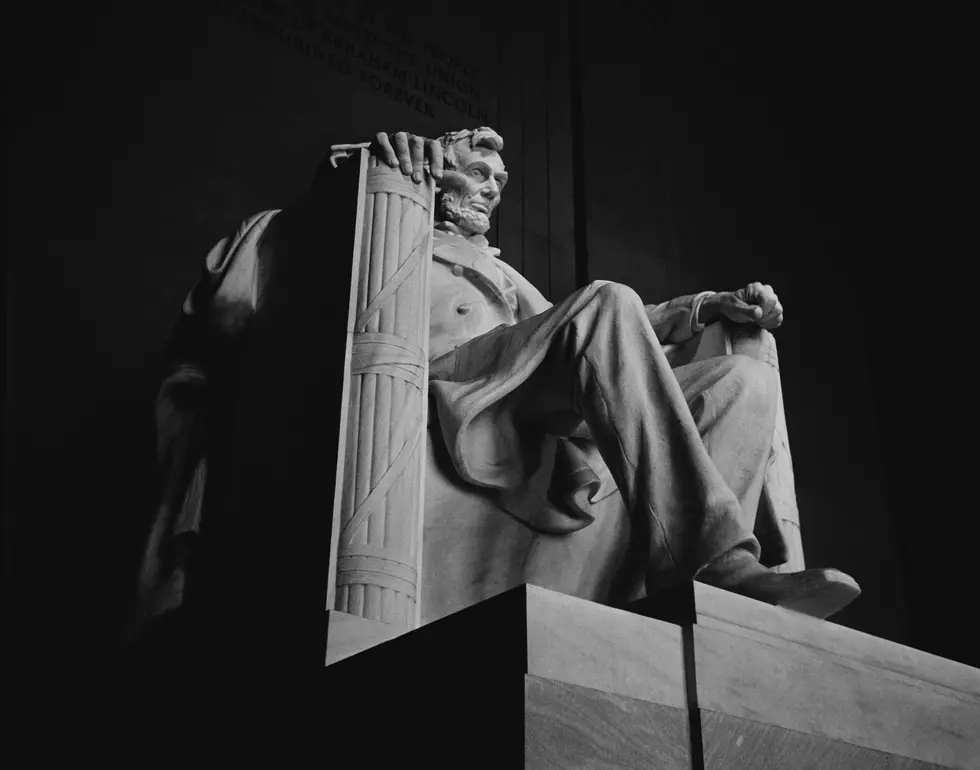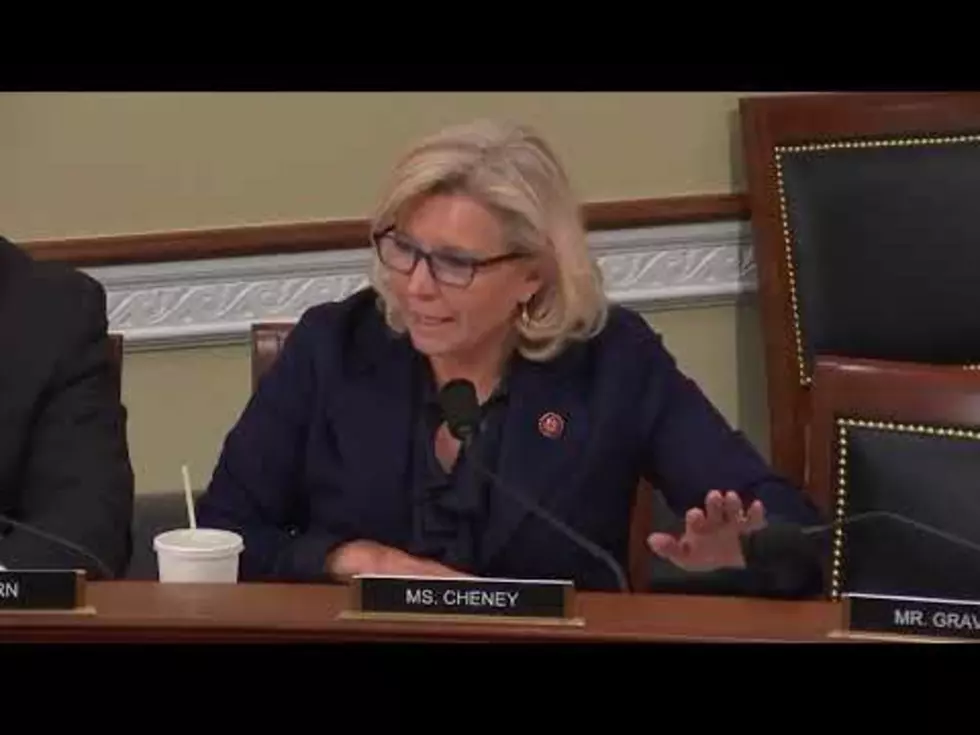
If By “Zoning” You Mean “Censorship”
~~~By Steven Klein, Wyoming Liberty Group~~~
Over the last few days Jon Gibson of Somers, N.Y., launched an Internet sensation after photographing the theft of a political sign from his yard. The sign simply stated “Repeal the Safe Act. Support the Second Amendment,” and pictured an AR-15 rifle.
Gibson’s sign referred to New York’s Secure Ammunition and Firearms Enforcement Act of 2013 – otherwise known as the SAFE Act. After three separate thefts of his signs, Gibson set up a trail camera in his front yard. Before long he captured the culprit on video – a local police officer in the act of purloining his sign.
Naturally, the outcry has caused a deer-in-the-headlights reaction from Somers officials. Somers Town Supervisor Beth Murphy defended Driscoll’s actions, saying the “the dispute is over zoning, not speech and gun rights.” Police Chief Michael Driscoll claims it’s unfair he hasn’t been able to tell his side of the story. Most tellingly, he defends his officer by asserting, “If it was a picnic sign or tag-sale sign out there, we still would have taken that down, too.” Unfortunately for Driscoll, this is no defense.
Yard signs should be one of the simplest areas of First Amendment law, especially political yard signs. Alas, bans and restrictions on their use lead to lawsuits all the time. It’s bad enough that zoning laws often are used to interfere with commercial signage in the name of beautification, even banning “for sale” signs in the name of “safety,” but it’s especially chilling when simply speaking out on a political issue from one’s own yard is prohibited by the very government citizens are trying to address.
I’m still occasionally taken aback by the constitutional ignorance of officials from local to the federal government, especially when it comes to free speech. As much as some bureaucrats may rightfully roll their eyes when locals try to make everything a constitutional issue, this does not mean these officers are not bound to uphold the Constitution when it’s actually applicable. To hear one state confidently that zoning and free-speech rights are mutually exclusive further indicates far too many officials don’t have the first clue about what actually triggers constitutional scrutiny.
Then again, perhaps I shouldn’t be so surprised because free-speech is abrogated all the time. For example, in the campaign finance arena, our clients are facing a federal agency that will not come out and explicitly say it, but basically takes the following position: “Your clients simply have to fill out dozens of forms and periodically file them with the government to speak out about politics. If you incorrectly fill out one of the forms, we’ll fine you. This isn’t censorship.”
Even couched in friendlier-sounding words, from “zoning” to “disclosure,” red tape is just as effective at banning speech as outright censorship. So, these practices are just as unconstitutional as censorship. After enough lawsuits, this principle may finally take hold, but the Somers incident shows we’ve got a long way to go.
More From KGAB





![How Wyoming taxpayers dodged a bullet [OPINION]](http://townsquare.media/site/99/files/2019/04/gettyimages-150755757-594x594-2.jpg?w=980&q=75)

![Miller Moths Invade Cheyenne [PHOTOS, VIDEO]](http://townsquare.media/site/99/files/2018/06/miller-moth.jpg?w=980&q=75)
![Wyoming Needs More Human Clocks Displaying Beauty of State [Commentary]](http://townsquare.media/site/99/files/2017/05/77248291.jpg?w=980&q=75)
